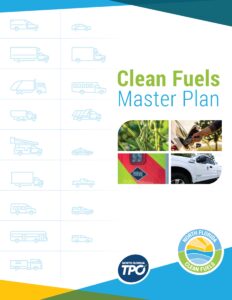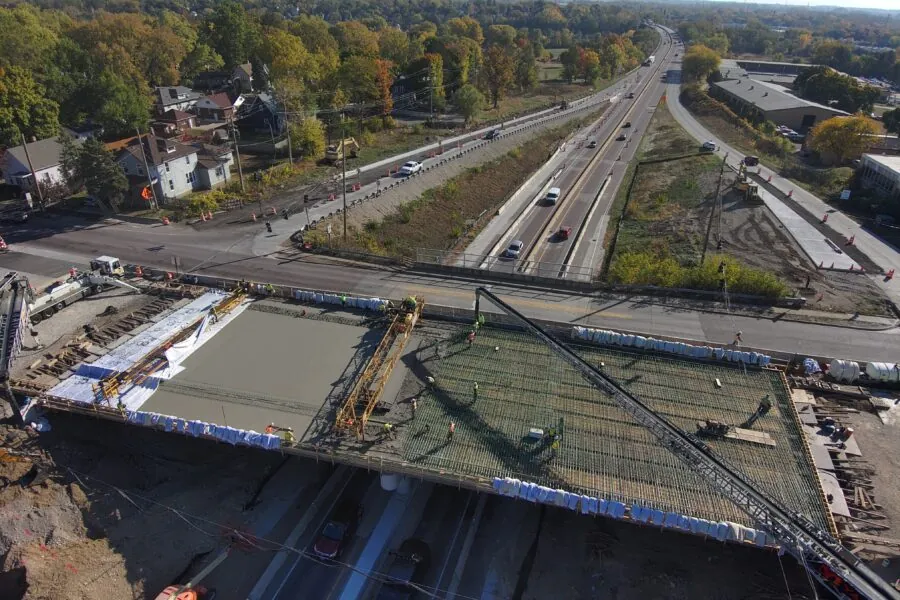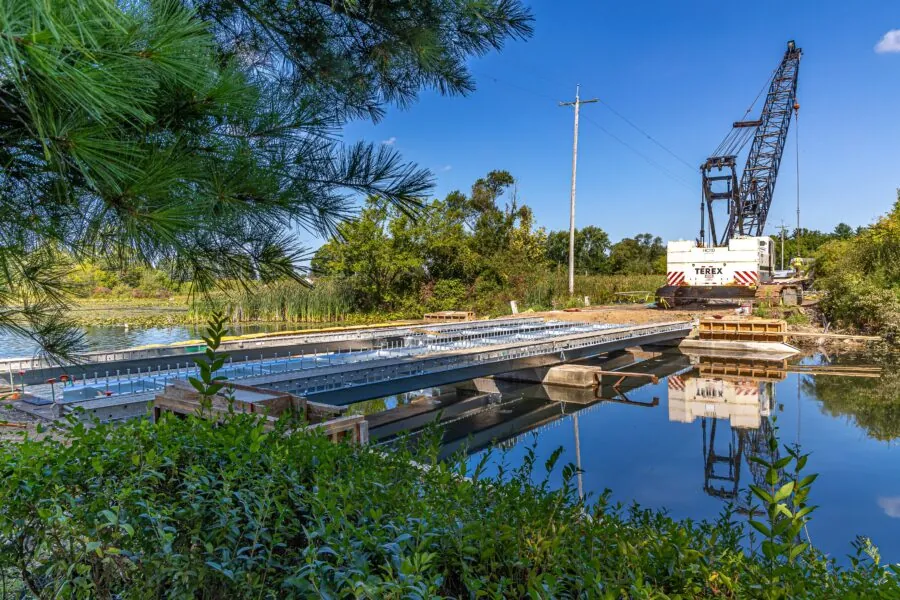
Comprehensive Transportation Sustainability Consulting
Project Details
Solutions
Location
Jacksonville, FL
Client
North Florida Transportation Planning Organization
Focus Areas & Services
RS&H has assisted the North Florida Transportation Planning Organization (TPO) with sustainability and resiliency services since 2013 through multiple general contracts, resulting in a nation-leading alternative fuel program on a per capita basis. With RS&H’s support, the TPO has documented 112 million gasoline gallons equivalent (GGE) displacement and over 141,000 tons of GHG emissions – equivalent to the annual emissions of over 30,000 passenger vehicles and $48,000,000 in health benefits.
In 2014, RS&H spearheaded the development of the North Florida Alternative Fuels, Vehicles and Infrastructure Master Plan. This comprehensive plan, which included a baseline and forecast of clean fuel trends both nationally and in the region, was a result of strategic planning and extensive stakeholder involvement. Since the plan was introduced, the North Florida TPO has funded over $6,000,000 in clean fuels projects. The master plan was recently updated in early 2024. It analyzes regional fleet data from more than 8,000 vehicles and develops tailored business plans based on 19 use cases and 6 alternative fuels. The plan has the potential to cost-effectively displace more than 10,000,000 GGEs.
Launching the North Florida Clean Fuels Coalition
RS&H supported the North Florida Clean Fuels Coalition’s creation. The North Florida Clean Fuels Coalition, affiliated with the US Department of Energy’s Clean Cities Program, is a vital resource for gasoline and diesel vehicles transition to cleaner alternatives. It encompasses a wide range of options, including electricity, hydrogen, biofuels, natural gas, and propane – all critical strategies for achieving net zero emissions at the regional scale. RS&H plays a pivotal role in the daily operations of the Coalition, including strategic planning, stakeholder engagement, outreach programs, and data-driven fleet coaching.
Sustainability initiatives with the TPO
Under the Federal Highway Administration’s AFC program, RS&H helped designate the first Alternative Fuels Corridors (AFC) in Florida (I-95 and I-295). RS&H inventoried and mapped alternative fuel infrastructure along the Strategic Intermodal System (SIS) in the region using GIS. Following the TPO’s lead, the rest of the state achieved designation for select corridors four years later in 2020. The AFCs are now the basis for the National Electric Vehicle Infrastructure (NEVI) funding program, which is deploying fast-charging electric vehicle infrastructure across the US. RS&H continues to evaluate gaps in the region’s alternative fueling infrastructure, including EV charging stations, to advance clean fuels technologies.




